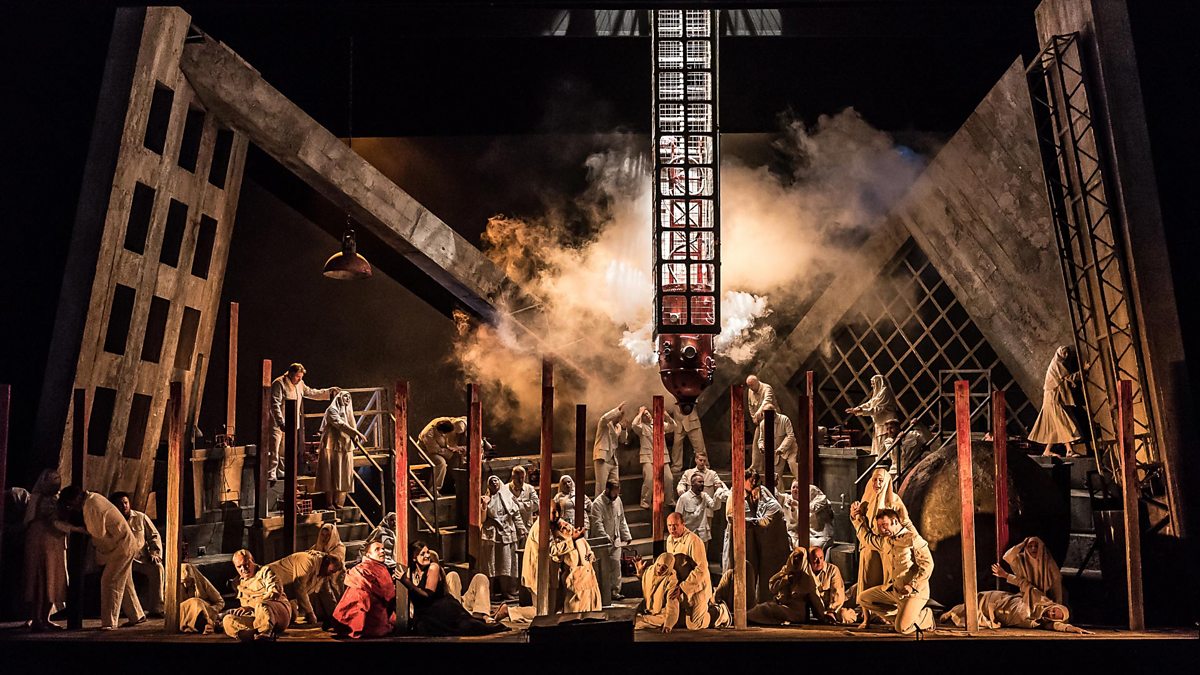Following on from the superb Proms performance conducted by Bychkov, we now have the chance to hear a fully-staged version, Live from the Wales Millennium Centre and introduced by Andrew McGregor in conversation with Dr Anastasia Belina from the RCM. Tomáš Hanus conducts, and the production uses Stravinsky's conclusion to this unfinished masterpiece.
Fantastic!
Fantastic!



Comment